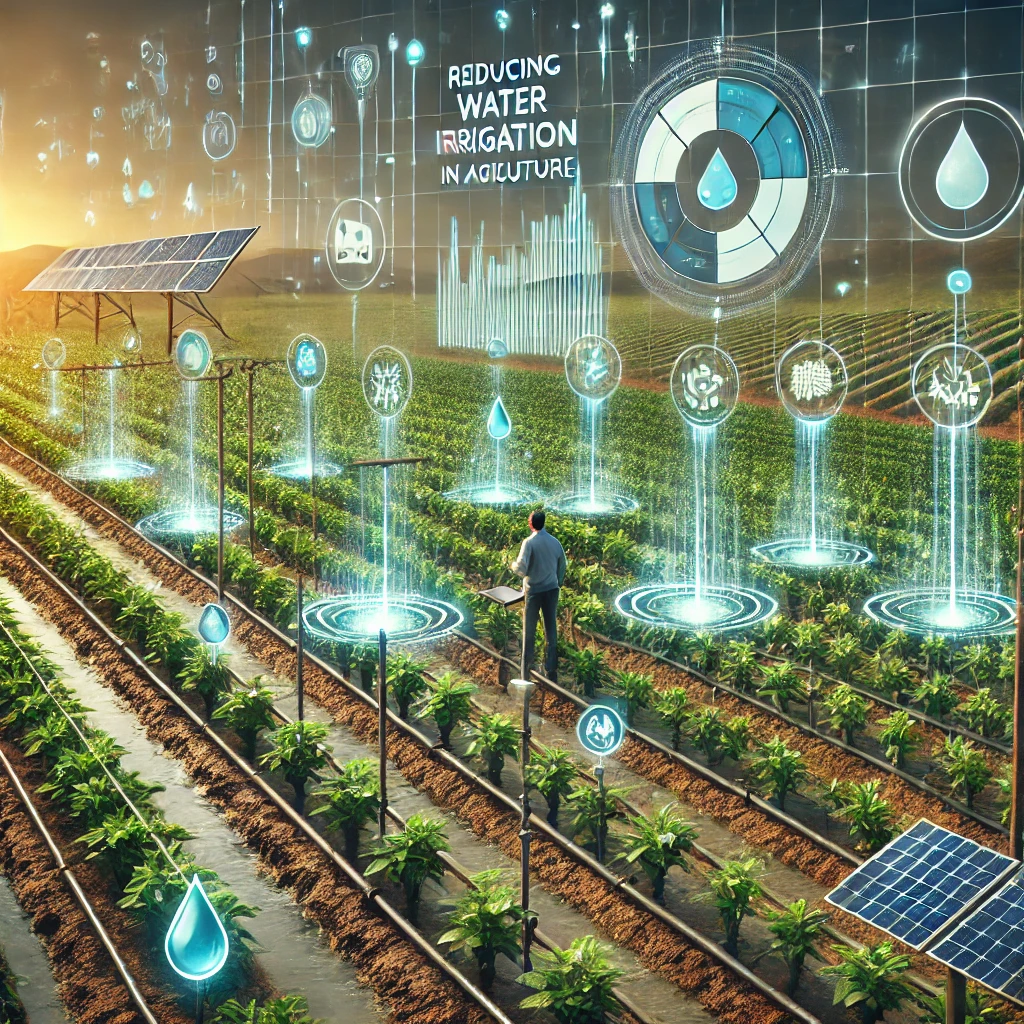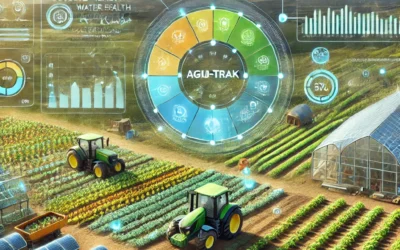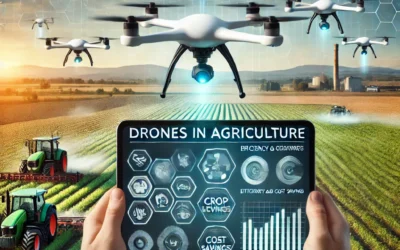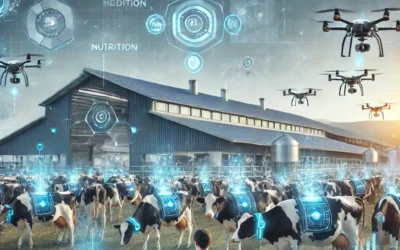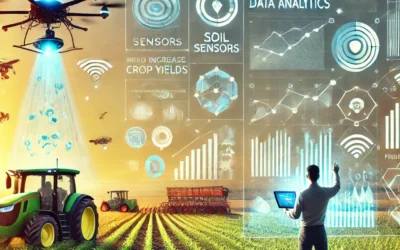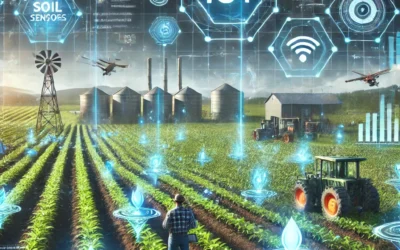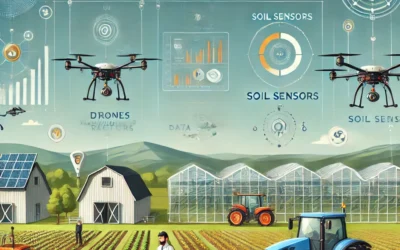Water is a vital resource in agriculture, and with increasing concerns over water scarcity, it has become essential for farmers to adopt more efficient water management practices. Smart irrigation systems, which use technology to monitor and manage water usage, are helping farmers reduce water consumption while maintaining crop health. In this article, we will explore how smart irrigation works, its benefits, and how farmers can implement it to improve water efficiency.
1. The Basics of Smart Irrigation
Smart irrigation systems use sensors, weather data, and automation to optimize water use on farms. These systems monitor soil moisture levels, weather conditions, and crop water requirements to ensure that crops receive the right amount of water at the right time. Unlike traditional irrigation systems, which may apply water uniformly across an entire field, smart irrigation systems deliver water only to areas that need it, reducing waste and improving efficiency.
There are several types of smart irrigation technologies available, including:
- Soil moisture sensors that measure the moisture content in the soil and trigger irrigation when levels fall below a certain threshold.
- Weather-based controllers that adjust irrigation schedules based on local weather forecasts, preventing over-watering during rainy periods.
- Drip irrigation systems that deliver water directly to the roots of plants, reducing evaporation and runoff.
2. Benefits of Smart Irrigation
The primary benefit of smart irrigation is water conservation. By using sensors and data to apply water only when and where it is needed, farmers can significantly reduce water usage. This is particularly important in regions where water is scarce or expensive. In addition to conserving water, smart irrigation offers several other benefits:
- Cost savings: Reducing water usage also lowers the cost of water and energy needed to pump and deliver it.
- Improved crop health: Over-watering can lead to issues like root rot and nutrient leaching, while under-watering can stress plants. Smart irrigation ensures that crops receive the right amount of water for optimal growth, leading to healthier plants and higher yields.
- Reduced labor: Automated irrigation systems can be controlled remotely via smartphones or computers, reducing the need for manual labor and allowing farmers to focus on other tasks.
3. Implementing Smart Irrigation Systems
Farmers interested in adopting smart irrigation systems should start by evaluating their current water usage and identifying areas where improvements can be made. This may involve installing soil moisture sensors, upgrading existing irrigation systems, or investing in weather-based controllers.
It is important to choose the right system based on the specific needs of the farm. For example, drip irrigation systems are ideal for row crops and orchards, while sprinkler systems with smart controllers may be better suited for large fields of cereals or grains. Farmers should also consider the local climate, crop types, and soil conditions when selecting an irrigation system.
4. Challenges and Solutions
While smart irrigation offers many benefits, there are challenges to implementation. The upfront cost of installing sensors and automation equipment can be a barrier for some farmers. However, the long-term savings in water and energy often outweigh the initial investment. Additionally, many governments and organizations offer grants or subsidies to support the adoption of water-saving technologies.
Another challenge is the need for accurate data. Smart irrigation systems rely on precise information about soil moisture and weather conditions, so it is important to regularly maintain and calibrate sensors to ensure they are working correctly.
Conclusion
Smart irrigation is a powerful tool for reducing water usage in agriculture while improving crop health and reducing costs. By leveraging sensors, automation, and weather data, farmers can optimize water use and contribute to more sustainable farming practices. As water scarcity becomes an increasingly pressing issue, smart irrigation will play a crucial role in ensuring the efficient use of this valuable resource.

